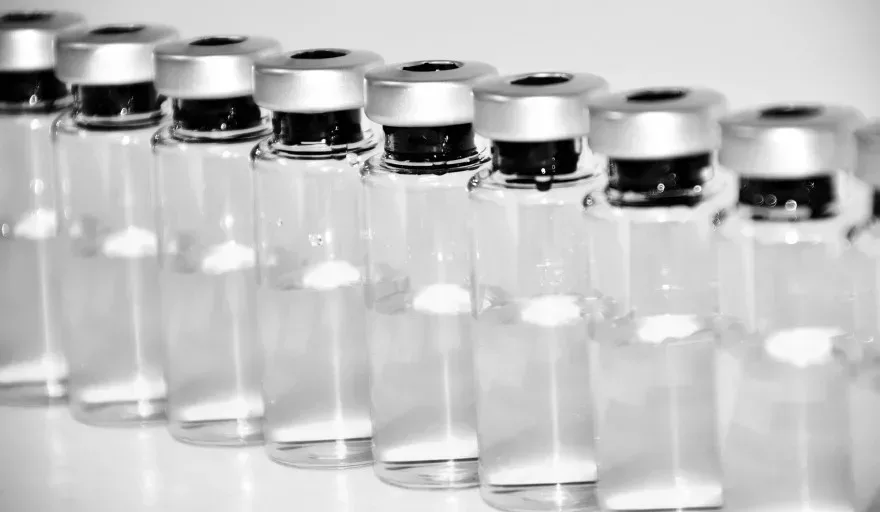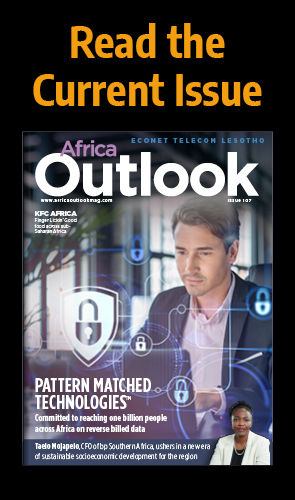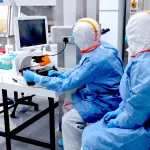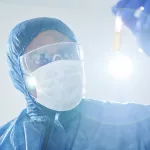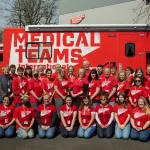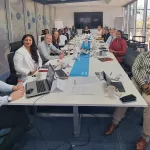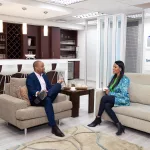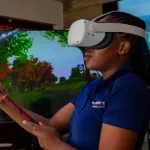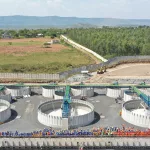The Minister of Public Health in Guinea-Bissau, Dr Magda Robalo, explains how vaccines do not just save lives, but transform countries by allowing more children to be educated and more people to thrive.
SUSTAINABLE VACCINATION PROGRAMMES IN GUINEA-BISSAU
One in 10 children worldwide do not receive any vaccinations.
That means that a tenth of children do not benefit from health improvements brought about by centuries of scientific research. This is a figure that increases to one in five in Africa, a shocking number that has no place in the 21st century.
In Guinea-Bissau we have been working to change the trajectory of the unvaccinated children curb, with the support of the Gavi Alliance.
Together, not only have we been able to start the journey of implementing a sustainable and equitable immunisation programme, but by doing so, we have also started shaping the future of Guinea-Bissau’s children.
After all, vaccines do not just save lives, they transform countries by allowing more children to be educated, and more people to thrive physically and economically.
In 2008, the Gavi Alliance funded the introduction of new vaccines in my country, including the ‘five in one’ vaccine – which protects against diphtheria, tetanus, whooping cough, polio and Haemophilus influenzae type b disease – combined with increased vaccination outreach services and a more restrictive wastage policy. In two years alone, from 2007 to 2009, vaccination coverage increased from 73 percent to 81 percent, which is a promising step towards reaching our goal of 90 percent. Through this programme we made great gains that will benefit my country, and Africa, for generations to come.
I’ve found that for any programme to be sustainable and equitable, the community must be involved.
Communities are as unique as individuals, and each must be treated as such. The variation in attitudes towards immunisation is particularly prevalent in my country. Among Guinea-Bissau’s Regions, the percentage of fully vaccinated children ranges from 89.1 percent in Canchungo in the Cacheu Region, to 48.3 percent in Pirada, Gabú Region.
Across Africa, in 29 of 52 nations studied, coverage of the DPT3 vaccine varied by more than 25 percent at the department or district level. This discrepancy shows that each region requires different considerations. After all, with increasing freedom of movement, what good is complete immunisation in one region, if their neighbours are at risk?
Luckily, the public and private are realising this, and more than ever before, vaccinations are reaching people who need them.
Throughout the last decade, known as the ‘decade of vaccines’, we have seen more people get vaccinated, and more lives saved. The World Health Organization’s Global Vaccine Action Plan 2011 to 2020 continues this work through collaboration with key stakeholders.
It is important to celebrate these victories, to recognise the importance of the work done, and to push forward to achieve even more. While a lot has been done the journey is not yet complete, and African countries should look to prioritise the funding of such programmes with locally raised domestic resources.
Later this year, the Gavi Replenishment Conference will bring together political leaders, civil society, public and private donors, vaccine manufacturers and governments to support the global vaccination body Gavi, the Vaccine Alliance. This organisation has done great work, and has protected 700 million children in countries like Malawi, Haiti and Cameroon from diseases such as measles, whooping cough and pneumonia since 2000.
Vaccines are one of the most successful and cost-effective health investments in history. However, this is only true when we collaborate across countries, across ministries and across sectors. We have seen the power that the global community has against disease through the Global Fund Replenishment Forum Conference in September, when global leaders raised over $14 billion to fight AIDS, tuberculosis and malaria. Not only did we break records, we ensured that over the next three years, those who need help are in an even better position than before.
From leaders to health workers, we all have a role to play. Let’s unite for a successful GAVI replenishment.

